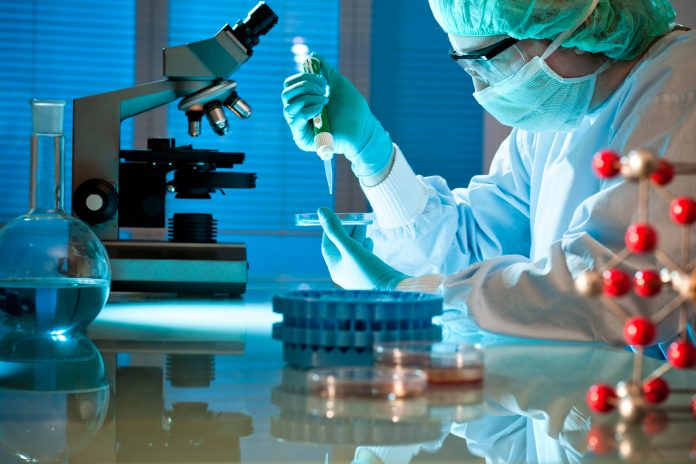The clinical trial will test an Epstein-Barr virus vaccine developed by Novavax in the US, one of just two attempts in over a decade
The National Institutes of Health (NIH) are testing an investigational, preventative vaccine for Epstein-Barr virus (EBV) at their Clinical Center in Maryland, US.
NIAID Director Dr Anthony S. Fauci said: “A vaccine that could prevent or reduce the severity of infection with the Epstein-Barr virus could reduce the incidence of infectious mononucleosis and might also reduce the incidence of EBV-associated malignancies and autoimmune diseases.”
Epstein-Barr virus can create serious complications, despite being common
While EPV is one of the most common human viruses, it has the potential to cause serious harm to the body. As a member of the herpes virus family, it spreads via bodily fluids.
Roughly 10% of people infected in the US every year go on to develop fatigue, which lasts six months or longer. This kind of fatigue is similar to what Long COVID survivors are experiencing.
Roughly 1% of all EBV-infected individuals develop serious complications, including hepatitis, neurologic problems, or severe blood abnormalities. The presence of EBV also is associated with cancer, including stomach and nasopharyngeal cancers and Hodgkin and Burkitt lymphomas.
Alongside the cancer connection, the virus is connected to autoimmune diseases like systemic lupus erythematosus and multiple sclerosis.
How does the EBV vaccine candidate work?
The vaccine works by targeting EBV glycoprotein gp350, which is found on the surface of the virus and virus-infected cells. EBV gp350 is also the primary target for neutralizing antibodies found in the blood of people naturally infected with EBV. Ferritin, a natural iron storage protein found in cells of all living species, is considered a promising vaccine platform because it can display proteins from the targeted virus in a dense array on its surface.
The adjuvant is intended to enhance the immune response induced by the investigational vaccine.
40 healthy volunteer adults will be enrolled in Phase 1 of clinical trials
The adults will be between the ages of 18 to 29, with half of them having prior Epstein-Barr virus infections and the other half lacking any history with the virus. Similar to the COVID-19 vaccine or flu shot, participants will get a series of three 50-microgram injections to their upper arm muscle – followed by a short period of observation.
The second and third doses will be administered 30 days and 180 days after the initial dose, with follow-up visits between each vaccination and phone calls between visits.
Participation is expected to be required for 18 to 30 months.
When could an Epstein-Barr virus vaccine be ready for the public?
This is Phase 1 of a clinical trial for a virus that has never been treated via vaccine, leaving scientists with a lot of learning ahead of them. The trial itself is expected to last for four years, then if results hold strong, regulatory approval normally takes another few years.











